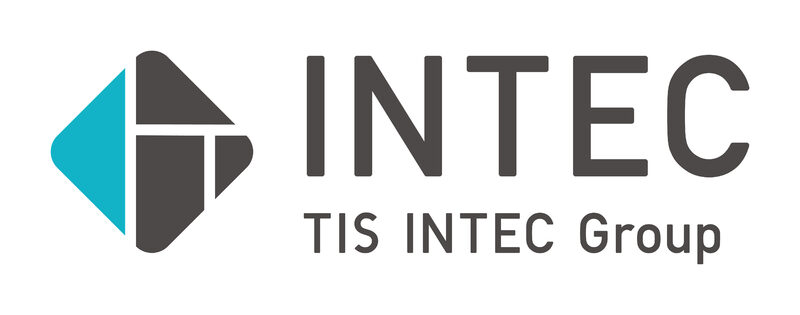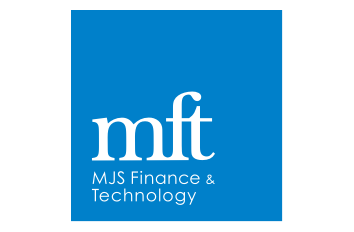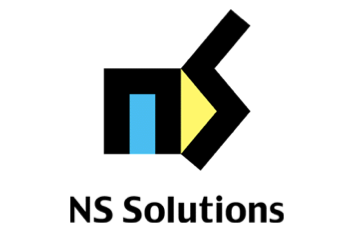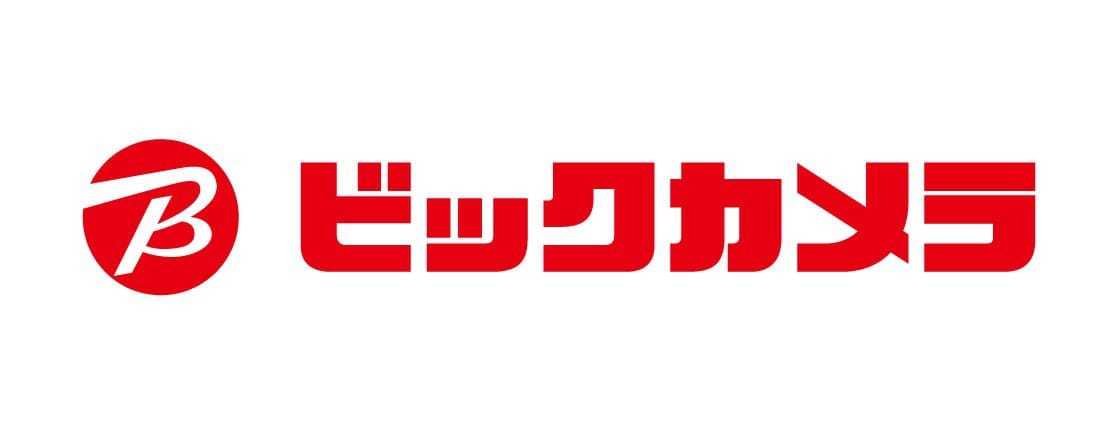Hyperledger Iroha 2
Iroha is a modern, advanced distributed ledger (DLT). With simplicity, modularity, reliability and code quality as its main design principles, Iroha powers anything from Private blockchains in central banks, as well public blockchains for your NFT and cryptocurrency trading needs.
Iroha is efficient, Byzantine-fault-tolerant and flexible, with a WASM — powered smart contract engine and event-driven architecture. It was designed with cross-blockchain communication in mind, allowing fast and convenient transaction processing.
Features
Rewritten in Rust
Iroha 2 is a revolutionary next step in Distributed ledger technology.
We have improved on the previous iteration of Iroha in every way, making it a definitive upgrade. We offer a smooth upgrade path for users of Iroha 1, but strongly encourage all new projects to use Iroha 2 because of its...
Sumeragi
Sumeragi supports parallel and out-of-order instruction execution.
SDK support
Smart contracts
Iroha 2 is an event-driven ledger. Each change in the state of the blockchain is accompanied by its own event that can trigger a smart contract: complex logic designed for use in on-chain scripting.
Additional features
High code quality standards
Iroha 2 is a minimalist code base. We take great care to vet our dependencies and avoid large inter-dependent chunks of code.
introspection and debugging is also an important feature that is oftend overlooked in Distributed ledgers. We provide tooling for many tools such as prometheus, structured logging via bunyan.
Our data is strongly-typed, our methods are statically dispatched. We make use of the best that Rust has to offer: serde and parity_scale_codec for serialisation, tokio for co-operative multithreading, as well as testing, benchmarking, static analysis and code auditing tools that come packaged with the exemplary cargo.
We provide helpful error messages, and try to automatically recover wherever possible. We have no implicit panics, only explicit error propagation with meaningful information tacked on at every level in the call-stack. We guarantee no undefined behaviour being triggered in any instance of Iroha, through judicious evasion of unsafe.
Testing
Iroha uses many state-of-the-art testing techniques and our QA process is robust.
We use property-based testing to verify the behaviour of all Iroha special instructions and failure-point testing to ensure that errors are properly handled and no catastrophic data corruption is possible.
To prove that Iroha is indeed as memory safe and reliable as any other Rust project, we performed an extensive fuzzing of all Iroha endpoints.
Packaging
We provide nix-based transactional packages which combine the safety of containers, at the cost of none of the hassle.
Want docker instead? Use the hyperledger/iroha2-lts image. Want a .deb for your Ubuntu server? `apt install iroha`. Want a Mac package? `brew install iroha`. Useing Arch? `paru -S iroha`.
We provide architecture-optimised binaries with link-time code elimination, to ensure that the operation is smooth and optimal in all of the binary packages. Your M1 Mac runs the native version of the binaries, so if you plan to deploy an energy-efficient network, just use a couple of mac minis.
Free and Open Source
We have a large community of open source contributors under the aegis of Hyperledger foundation, a subsidiary of the Linux foundation.
We use open source software for development, and our internal processes all run with privacy-respecting FLOSS.
Solid rolling release cycle
Iroha comes in three versions: `dev` with all the most up-to-date features, `stable` with reasonably well-tested monthly feature updates and `long-term-support` which we recommend you use to build your projects, if you don’t rely on any of our (as of yet) unstable features.
Afraid the upgrade will break everything? Don’t be. With our native versioning of blockchain transactions, your information is guaranteed to be readable by downstream versions of Iroha.
Contribute
We look forward to your contribution and welcome you with open arms to participate in revolutionising the current systems for the benefit of humanity. In the end, this is a win-win situation. You get valuable experience contributing to the networks that will fuel tomorrow while helping them become good enough to fulfil their goal of improving people’s lives and setting the foundation for a better future
Use case partners
become a partnerIIJ
 Indetail
Indetail IntellectEU
IntellectEU INTEC
INTEC CTC
CTCPanasonic
 NISSAY
NISSAYUNISYS
HONDA
TOPPAN
 TOPPAN FORMS
TOPPAN FORMS First Bank
First Bank SFH
SFH SOMPO
SOMPO NESI
NESI RAKUTEN
RAKUTEN ALTPLUS
ALTPLUSODAKYU
 OHKEN
OHKEN GLOCOM
GLOCOM MATSUI SHOKEN
MATSUI SHOKEN K-opticom
K-opticom KDDI RESEARCH
KDDI RESEARCH Fukuoka D.C.
Fukuoka D.C.NBC
NTT Data
 NTT DATA GETRONICS
NTT DATA GETRONICS SCSK
SCSK MFT
MFT Data Cook
Data Cook
 Aizu
Aizu Aizulab
Aizulab Ashikaga bank
Ashikaga bank MITSUI KNOWLEDGE
MITSUI KNOWLEDGE MJS
MJS MIZUHO
MIZUHOMINDEN
 COLU
COLU CAC
CAC NS Solution
NS SolutionHITACHI
 BICCAMERA
BICCAMERAFraud Intelligence Limited
Central Bank of Solomon Islands
 Bank of the Lao PDR
Bank of the Lao PDR